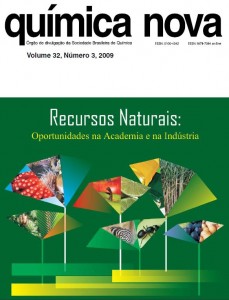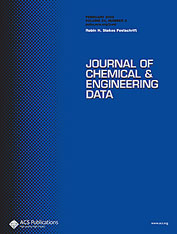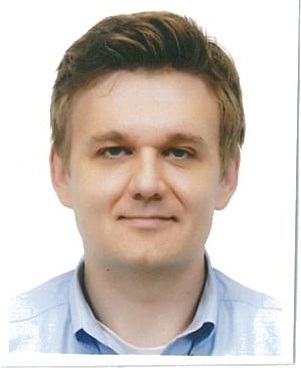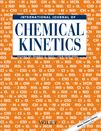 The authors of a 2011 Science paper that proposed a new way to direct chemical bonds have withdrawn the paper after concerns about the data prompted an investigation and Editorial Expression of Concern last year from the journal. The retraction is the second for the group, which has also had seven other expressions of concern.
The authors of a 2011 Science paper that proposed a new way to direct chemical bonds have withdrawn the paper after concerns about the data prompted an investigation and Editorial Expression of Concern last year from the journal. The retraction is the second for the group, which has also had seven other expressions of concern.
After a reader emailed the editors to raise suspicions about the data, corresponding author Christopher W. Bielawski, then based at the University of Texas at Austin, led an investigation of all the figures. It found substantial problems: “In over 50% of the figure parts, the authors deemed the data unreliable due to uncertainty regarding the origin of data or the manner in which the data were processed,” according to the retraction notice.
UT Austin concluded that there had been misconduct, but did not elaborate.








